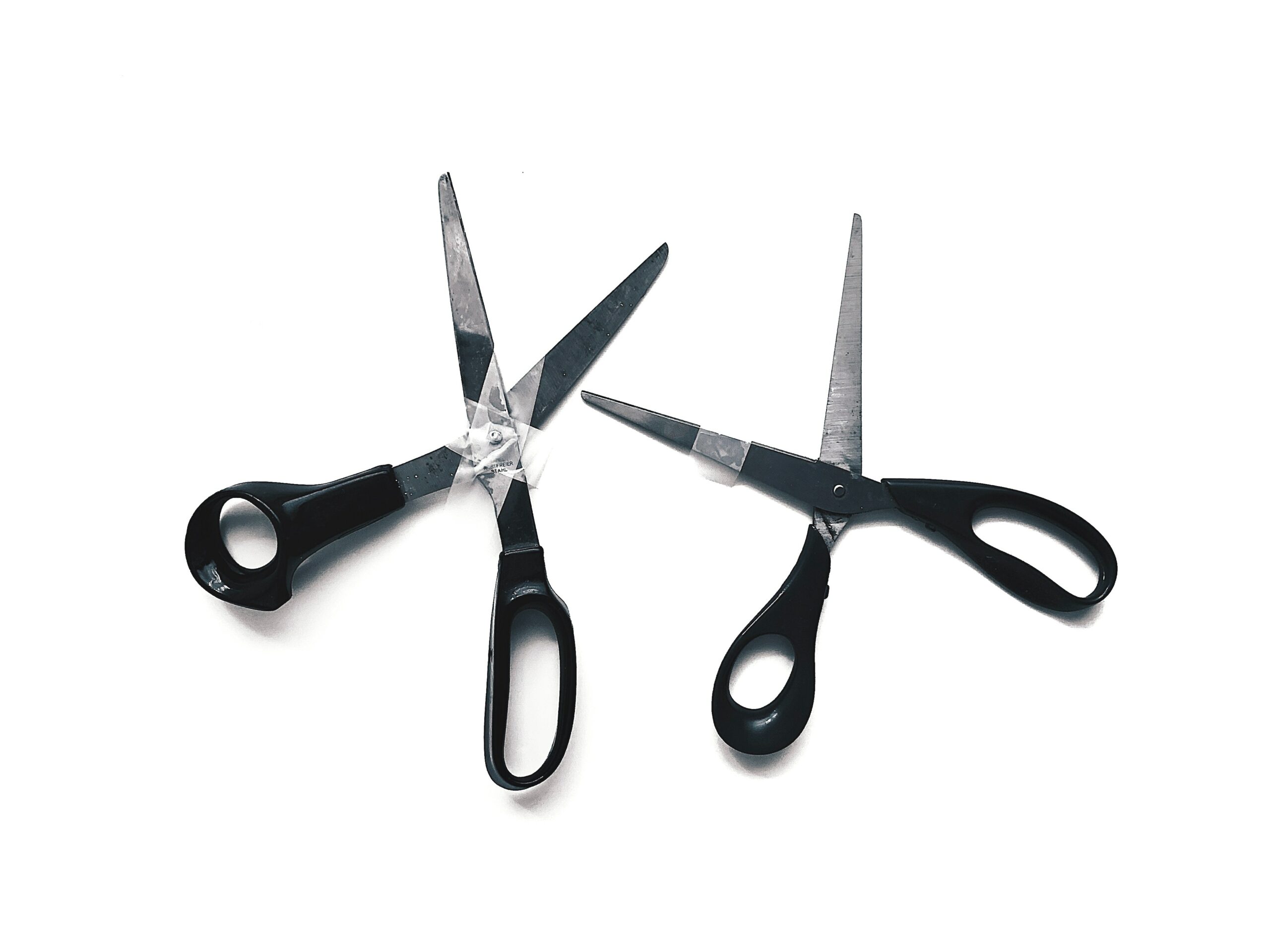There is one reason you are in debt – you spend more than you earn.
It is not rocket science; it is a matter of first-grade arithmetic. If regularly spend more than you earn, you will be in debt.
“Ah, now I understand’, you are thinking. ‘But if that is the case, how do I find money to pay off my debt?’
You may be right in thinking that paying off your debt is impossible. Or you may be a victim of your toxic beliefs.
For the record, what happens in the wider economy and all the talk about inflation matters little when it comes to paying off your debt. What matters is the monthly balance of your bank account.
That is all.
‘How do I find money to pay off debt?’ you ask.
My answer is simple:
Change the balance between your spending and earnings to have a monthly positive cash flow. Learn more about cash flow if you are unsure about it; and here is how to calculate your monthly and annual cash flow.
How to find money to pay off your debt?
First and foremost you must know exactly what you earn, what are your income sources, what you spend, and on what you spend.
You can use The Money Principle Monthly Budget Planner to work this out. It looks like a big job but it isn’t – you do it once a month and it takes a couple of hours. The rest is a matter of habit and routine.
Once you have inventoried your earnings and spending, you will find that:
- You regularly spend more than you earn.
- You have a very small positive cash flow.
- You have a large cash flow.
If you have a large positive cash flow, you are unlikely to be in consumer debt; likely, your cash flow is negative or neutral.
Now that you know the state of play, your mission must be to reach and increase positive cash flow.
There are two ways to achieve positive cash flow.
Optimise spending

Photo by micheile dot com on Unsplash
I don’t believe in slashing spending even when times are hard.
I believe in optimising spending meaning:
#1. Eliminating all waste in my spending
#2. Getting extraordinary value for my money
#3. Spending on what matters to me and makes my heart sing
Please use the ERR money management approach to eliminate the waste in your budget and save yourself hundreds of pounds monthly.
Just for guidance, when I applied the ERR money management approach (after developing it), we reduced our spending by a third; most of the savings came from overpaying for insurance, food waste, paying subscriptions for stuff we had long forgotten, and compulsive shopping. (I bet you thought the overspending comes from spoiling yourself, right?)
There are many ways to get extraordinary value for money. For instance, buying a house in an area at the cusp of becoming fashionable because you buy undervalued property. Chasing deals is another way to achieve that, though be careful to chase only things you need or want.
Aligning your spending and your priorities is another avenue to optimising your spending. Remember that you can have anything but not everything; hence, it is better to have what matters to you. (Hint: you must determine what matters to you or your core value.)
Optimising your spending would likely save you hundreds of pounds. It is the first thing to do to find money to pay off your debt.
(Yes, I know you think your budget is as tight as possible. You are likely wrong because we all have blind spots when spending. Use the ERR money management approach. If you would rather speed up the process and start with something specific you can check out these practical frugal living tips.)
Grow income

Photo by Anne Nygård on Unsplash
Did optimising your spending get you in the black?
Let me ask another way: did optimising your budget turn your cash flow positive?
I hope it did.
If it didn’t, don’t despair. It only means that you don’t earn enough and must up your game starting to make more money.
Most people are paralysed by the belief that making money is difficult. Don’t be like them.
Making money takes effort, focus, and dedication but it is far from impossible. You only must remember that people pay you to be helpful, useful, and contribute value to their lives.
Now, grab a pen and paper and brainstorm the skills you can use to make more money. Why will people pay you for using these skills? What is the value you will be contributing?
Settle on service and advertise on local websites.
(Paradoxically, the more specialised, and rare, your skills are the less competition you have. You may wish to consider developing new skills.)
A reader of The Money Principle shared his story. After a divorce, he got into debt and his analysis showed that he didn’t earn enough. He decided to market his DIY and gardening skills using a local website. Jobs picked up within three weeks (evenings and weekends) and he paid off his debt in seven months using this income stream.
You may also wish to see these ideas for ways to make up to £1000 a month.
Making money is impossible when you spend your time watching TV and playing games.
Please don’t…
Sell your stuff to pay off debt.
Many thought leaders in paying off debt will tell you to sell all you don’t need and want.
Yes, this is going to help you raise money to pay off your debt and you may use this approach later in your debt payment adventure.
I would strongly advise against selling stuff to pay off debt at the early stages.
Paying off debt is an opportunity to learn about money, develop healthy money habits and learn how to control and make money. It is also an opportunity to learn how to live debt-free.
Don’t waste these opportunities. We sold assets to pay off debt twice and inevitably ended up in even more debt.
Then we paid off £100,000 the old-fashioned way by controlling our spending and growing our income. We have been debt-free, and built new investments, for nearly ten years.
Final thoughts on how to find money to pay off debt
There are two ways to find money to pay off debt – optimise your spending and grow your income. That is also how you achieve, maintain, and grow your positive monthly cash flow.
Once your debt is gone, you can use these techniques to grow your investments.
Have you optimised your budget? Have you brainstormed ways to make more money? Don’t wait start now!
Photo by Aleksandar Živković on Unsplash
